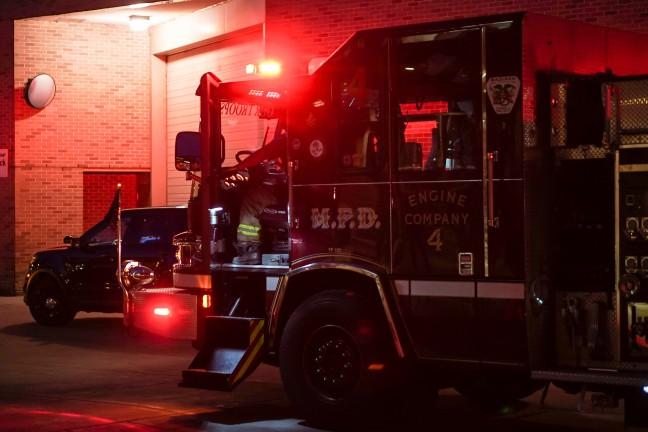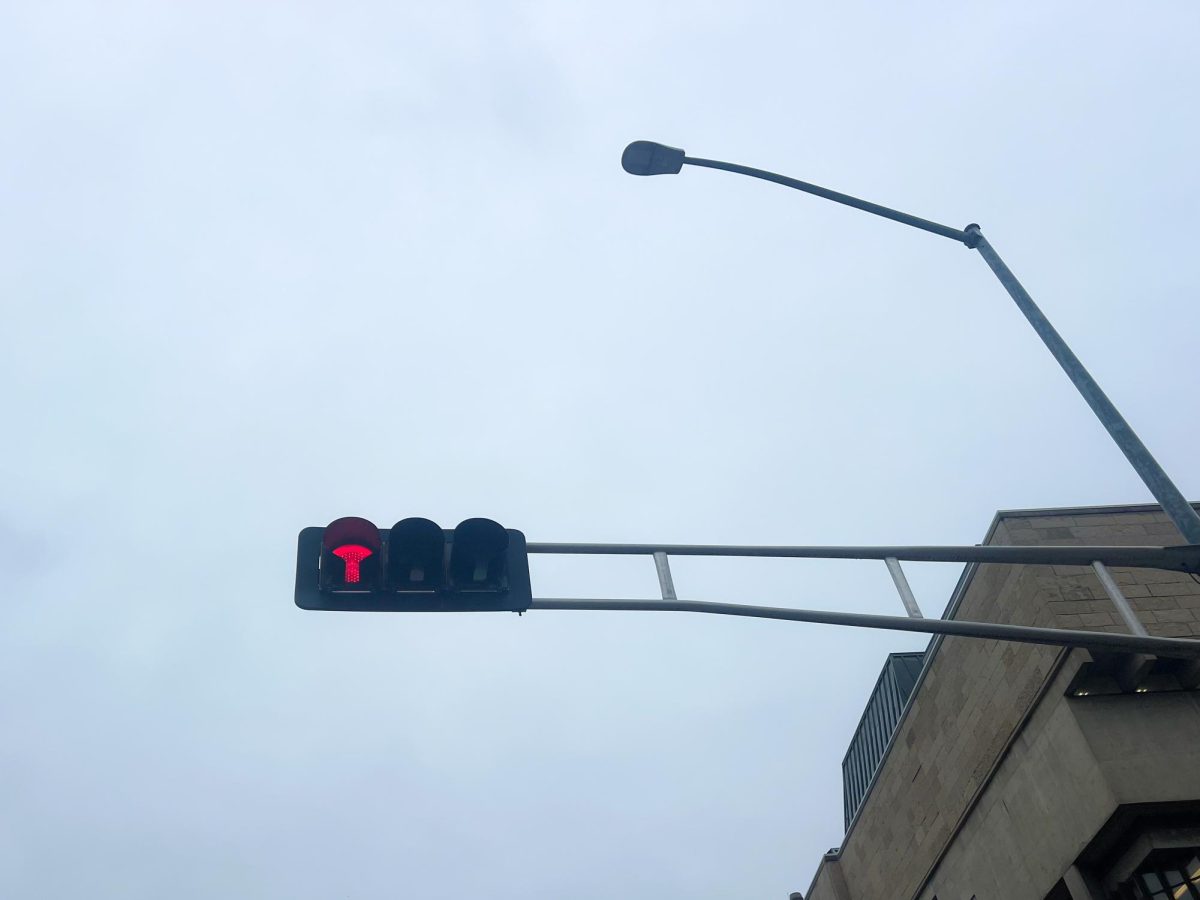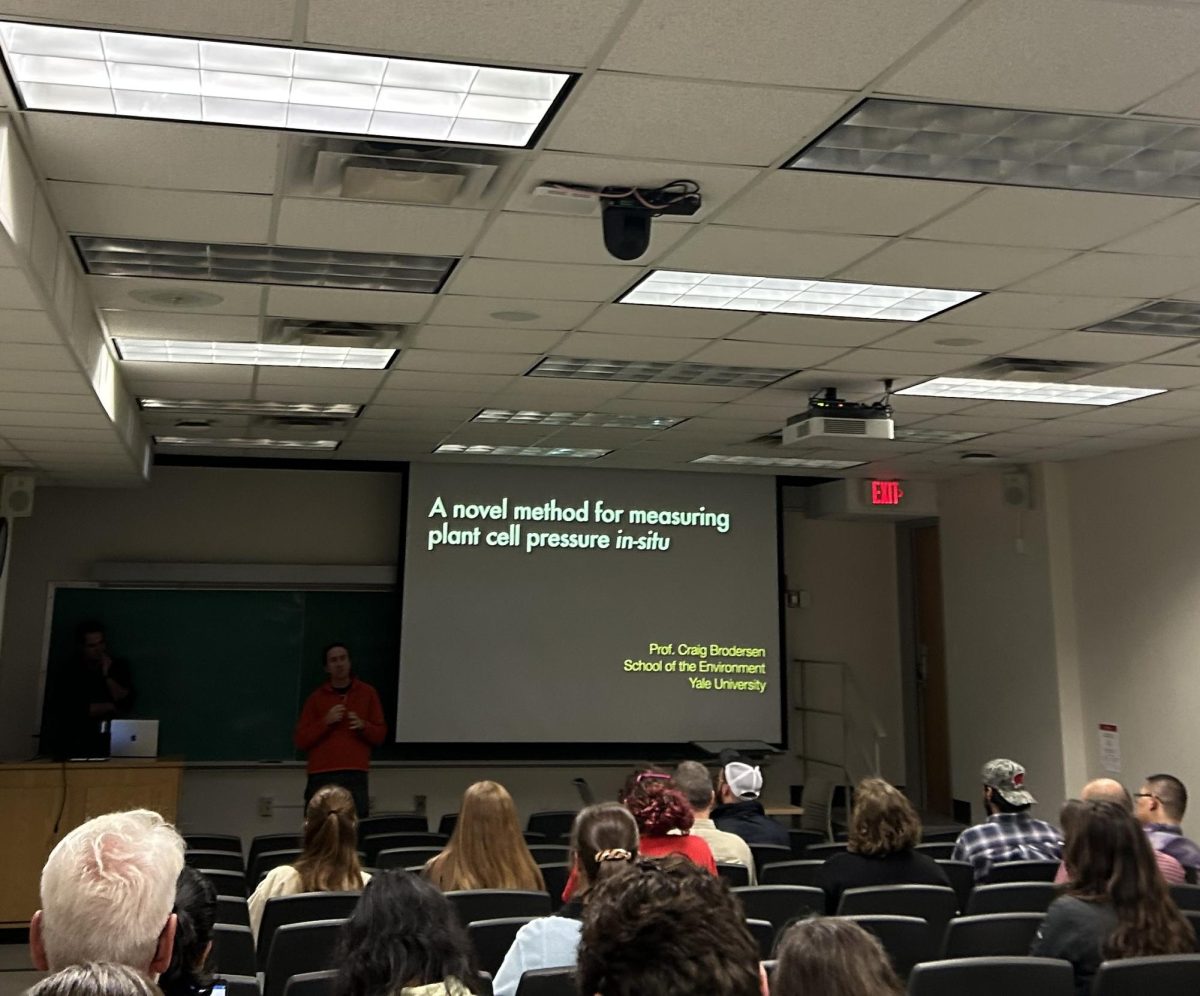Volunteers with the American Red Cross and Madison Fire Department installed free smoke alarms in single-family homes in Madison April 15 during their “Sound the Alarm” event.
The event, which launched in 2014, boasts 2.5 million free smoke alarms installed in 1 million households across the country as part of the Red Cross Home Fire Campaign.
During the event, Red Cross volunteers entered residents homes to make sure that their alarms are working and replaced them if they did not work. Volunteers also assisted families with coming up with a home escape plan, Red Cross of Wisconsin Regional Communications Manager Laura McGuire said.
Madison School District awarded $6 million grant to improve mental health resources
The smoke alarm installation benefits single-family homes built prior to 1997, fire marshal Bill Sullivan said. Before 1997, smoke alarms were hardwired into the house, meaning they only work when the house itself has power.
New smoke alarms have a life expectancy of ten years, and instead of changing a battery every six months, new tenure lithium battery-operated smoke alarms allow users the benefit of long-term safety. New fire alarms should chirp when it’s time to replace the fire alarm unit, Sullivan said.
The city of Madison passed an ordinance in 2009 requiring all homes to switch to these long-lasting, tamper-proof fire alarms after University of Wisconsin-Lacrosse student Peter Talen died in a house fire while visiting his brother, who was a student at the University of Wisconsin-Madison. There was only one working smoke detector in the entire two-story house, according to the Madison Fire Department website.
“There was a big push 13 years ago …. when the city of Madison passed an ordinance to require these [battery operated] smoke alarms in commemoration of a fatality that we experienced,” Sullivan said. “Peter Talen and his family [were] part of the big push to get smoke alarms in that could not be disabled by removing the power source.”
The ordinance applies to residents of single-family homes, including students who live off campus. Citizens who live in apartment buildings have a building manager that is obligated to provide smoke alarms at no cost, Sullivan said.
Sullivan said students should make sure that their apartments’ smoke alarms are working and create an escape plan in case of an accident caused by someone else in the building.
“When they’re looking at signing a lease at their next apartment or next unit, they [students] should be asking those questions and asking if fire sprinklers are available,” Sullivan said.
Jewish Social Services of Madison receives federal funding to aid resettlement services
To check if a fire alarm is working, users are suggested to check the date on the back of the alarm. Although most of them are tamper resistant, there should be a button on the outside that they can push to test and confirm that there is power in that device, Sullivan said.
The Red Cross has conducted more than 2.7 million home visits through the Home Fire Campaign, saving more than 1,5oo lives by installing safe, effective smoke alarms and increasing education on home evacuation plans, according to the campaign’s website.
Community members can register to have a smoke detector installed by scheduling an appointment time on the Red Cross’s website.













